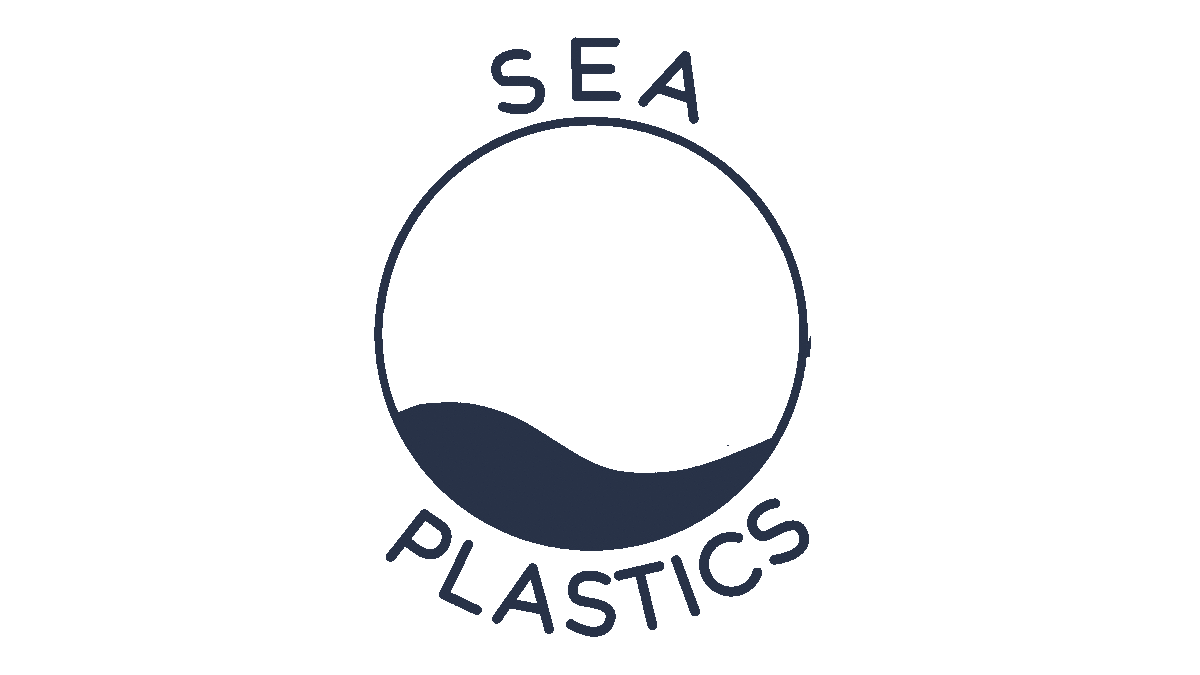I miei articoli
sono un titolo Fai clic qui per modificarmi.

Seafloor microplastic hotspots controlled by deep-sea circulation
While microplastics are known to pervade the global seafloor, the processes that control their dispersal and concentration in the deep sea remain largely unknown. Here we show that thermohaline-driven currents, which build extensive seafloor sediment accumulations, can control the distribution of microplastics and create hotspots of up to 1.9 million pieces m−2. This is the highest reported value for any seafloor setting, globally. Previous studies propose that microplastics are transported to the seafloor by vertical settling from surface accumulations; here we demonstrate that the spatial distribution and ultimate fate of microplastics is strongly controlled by near-bed thermohaline currents (bottom currents). These currents are known to supply oxygen and nutrients to deep sea benthos, suggesting that deep sea biodiversity hotspots are also likely to be microplastic hotspots.

